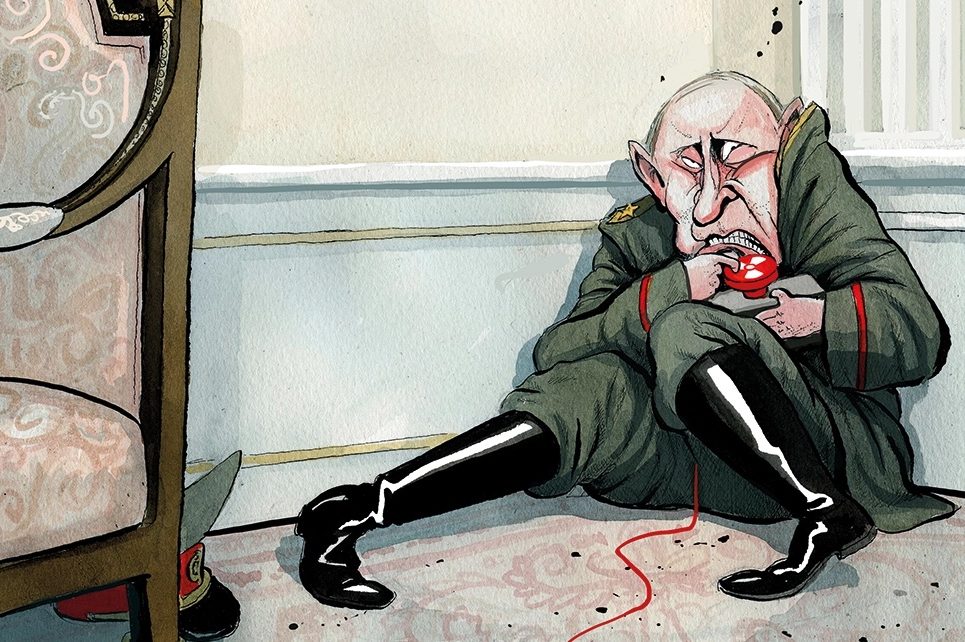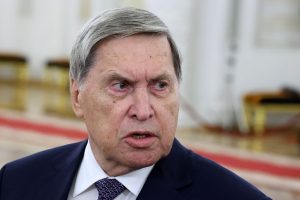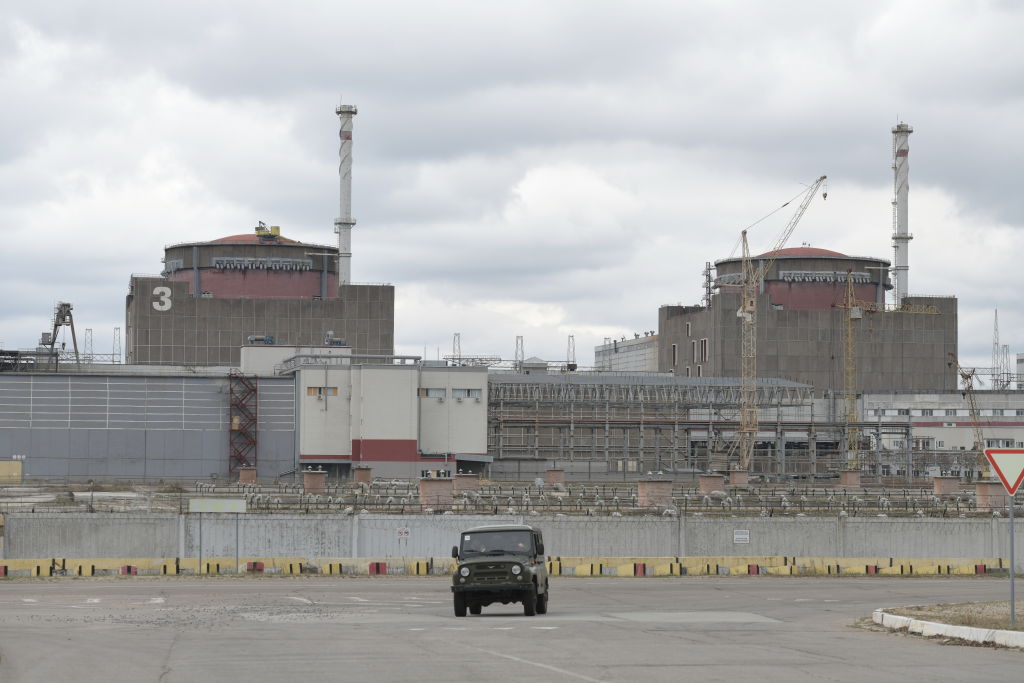Despite the inevitable and performative expressions of anger, regret and dismay following this week’s NATO summit, Moscow feels it has reason to be moderately content with its outcome. It has seen Ukraine frustrated in its failure to secure NATO membership — and fractures emerge between Kyiv and the West. Moscow’s contentment, however, may well be misplaced. In fact, the summit’s inconclusiveness when it comes to Ukrainian membership has ensured a range of other initiatives which are rather less comfortable for the Kremlin.
The notion ahead of the summit that Ukraine would be invited to join the alliance before peace had been concluded — essentially forcing the rest of NATO into war — was always a non-starter. But the heavily-negotiated final communique of the summit still allows members to impose a range of as-of -yet-unspecified conditions on Kyiv before it can become part of the club. Likewise, the creation of a new NATO-Ukraine Council is little more than a minor upgrade of an existing body, and gives Kyiv more of a platform at NATO, but no actual power.
So far, so lackluster. Strong words about the open-ended commitment to Ukraine’s fight, intended to disabuse Vladimir Putin of the hope that he can outlast the West’s willingness to invest in this war will probably have little real impact. Rightly or wrongly, Putin seems convinced that Western unity is forever on the verge of fragmentation. Given that his only credible chance of anything approximating a victory in Ukraine depends on this, he has to believe it.
Ukrainian president Volodymyr Zelensky’s initial and intemperate response, calling the alliance’s decision “unprecedented and absurd,” saying it gave Russia the “motivation to continue its terror” was music to Muscovite ears. Every sign of tension between Kyiv and its Western allies is seized on — with a certain desperation — as further sign of a disintegrating relationship.
UK defense secretary Ben Wallace’s subsequent warning to Kyiv that it needed to recognize what it was getting and not forever demand more weapons, with the memorable reminder that “we are not Amazon” — and US national security advisor Jake Sullivan’s slightly more elliptical warning about the importance of “gratitude” also went down well in Moscow.
None of this is to suggest that either Wallace or Sullivan did anything wrong. If anything, they were rightly reminding Kyiv that no one can take the current pro-Ukraine consensus for granted. Next year may see Donald Trump making a new bid for the presidency, and he is on record as being against the current level of commitment. “Ukraine fatigue” in Europe also ought not to be underestimated.
However, Zelensky — who later backtracked from his statements about NATO — may have not only been expressing his own frustrations but also playing a role. Time and again, he has used reversals to shame the West into further supplies of weapons or other aid.
After all, Moscow should be careful what it wishes for. Zelensky might have wanted a post-dated invitation to join NATO, valid as soon as the war was over. But it was calculated by NATO’s members, probably rightly, that this would only give Putin all the more incentive never to contemplate peace talks further down the line.
In the absence of membership, though, there are consolation prizes which may not be quite so headline-grabbing but which arguably matter more than an invitation into an alliance which will only apply when Ukraine no longer has any pressing need of it. The G7 industrialized democracies are offering Ukraine a series of long-term security guarantees which go beyond the directly military matters — NATO’s focus — and also address economic stability and social stability. Meanwhile, it is becoming harder and harder to resist the call to provide F-16 fighters. Washington’s controversial decision to supply cluster bombs, banned by the UK and most other European countries, has generated less of a political backlash than might have been expected, precisely because there is a sense that Ukraine needs something in return for its NATO disappointment.
Kyiv’s strongest supporters are already campaigning for new measures. One British MP, for example, has said that “Putin cannot be allowed to be emboldened — it is all the more important that the [Ukrainian] counteroffensive succeed,” and that this means “more support, more quickly.”
This is the irony: perhaps a deferred-until-whenever invitation to join NATO might have been less of a real problem for Moscow than an embarrassed West eager to offer alternative expressions of support. Had Putin been a true Machiavelli of the modern age, he might have been joining the ardent Ukrainian partisans arguing for the former.
This article was originally published on The Spectator’s UK site. Subscribe to the World edition here.

























